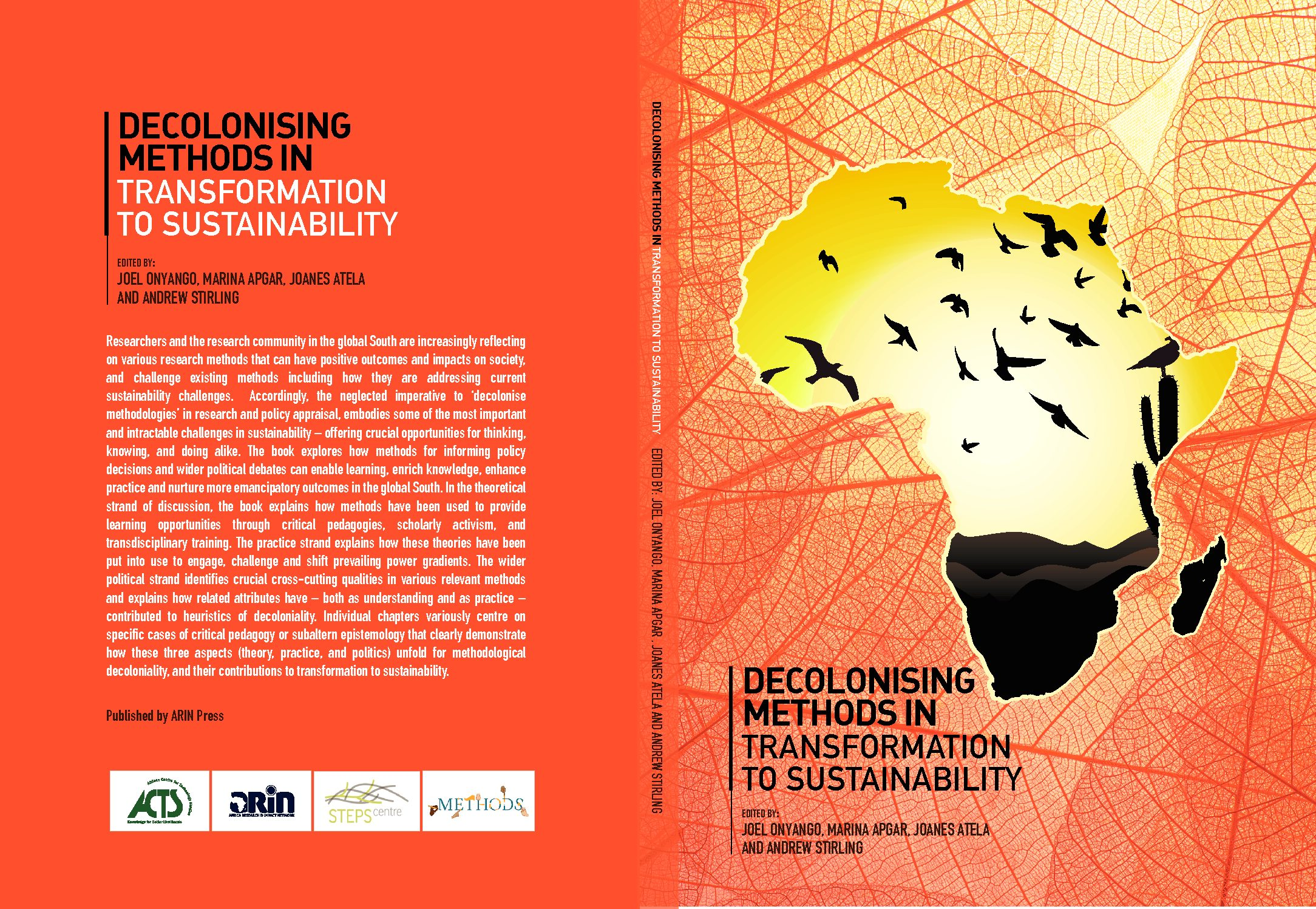Deadline for the submission of abstracts for book chapters -2nd May 2021.
The Africa Research and Impact Network and its partners would like hereby invite a call for book chapters to reflect on different dimensions of methodological learnings, challenges, and opportunities within the global South.
The book will explore how methods for informing policy decisions and wider political debates can enable learning, enrich knowledge, enhance practice and nurture more emancipatory outcomes in the global South. The book equally addresses issues of epistemological theory, policy practice, and wider politics. In the theoretical strand of discussion, the book will explain how methods have been used to provide learning opportunities through critical pedagogies, scholarly activism, and transdisciplinary training. The practice strand will explain how these theories have been put into use to engage, challenge and shift prevailing power gradients. The wider political strand will identify crucial cross-cutting qualities in various relevant methods and explains how related attributes have – both as understanding and as practice – contributed to heuristics of decoloniality. Individual chapters variously center on specific cases of critical pedagogy or subaltern epistemology that demonstrate how these three aspects (theory, practice, and politics) unfold for methodological decoloniality.
While paying attention to the three aspects, we invite book chapters from researchers, practitioners, and policy actors, third party actors, and private sector actors on the following broad thematic areas.
Thematic areas included.
- Power and Methods:This theme is centred on how larger theories about methodologies have been applied to engage, challenge and shift power, and rein in hierarchical authorities (coloniality) associated with methods in the global south (and in Africa more specifically).
- Valuing Diversity:This theme will explore how methods have been used to open-up, broaden-out, and let-go. The theme focuses on how concrete methods have been applied in different (geographical, social, political) settings to demonstrate diversity, with a multiple of range inputs, framings, and voices. Central to this is inviting case-study discussions that demonstrate how methods have contributed to decolonizing methodologies drawing on theories to illuminate practical examples and reflections.
- Philosophical Underpinnings around methods in the global south: There are various philosophical underpinnings around methods based on prior commitments where some researchers tend to have a ‘positive view’ in research and a ‘constructivist view’ and while others tend to favor quantitative method over qualitative methods. Therefore, this type of research transdisciplinarity – bringing the physical versus social sciences and how they sit together is paramount. This theme will therefore bring in different ontological and epistemological perspectives associated with decolonizing methodologies, for instance, the Ubuntu philosophy within the African realities.
- Articulating methods: This theme will reflect how decolonizing methodologies would contribute to the transformation to sustainability in the future. The theme focuses on what decoloniality of methods would mean to various actor groups (e.g., academia, policy/practitioners, third party actors, and private/business actors) in the global south, and how they have been able to identify, customize, apply, and learn from dominant methods.
- Multidimensionality of methods:Considering that different disciplines have variety in methodological applications, which are perceived differently among researchers, it follows that aspects such as funding flows, research politics, and the perceived research power dynamics between female and male researcher; is likely to tilt decolonizing research into multiple layers of actions. This theme explores these multiple facets of research, and how collectively they promote or undermine the decoloniality of methods.
Please submit abstracts here
Find more info here

